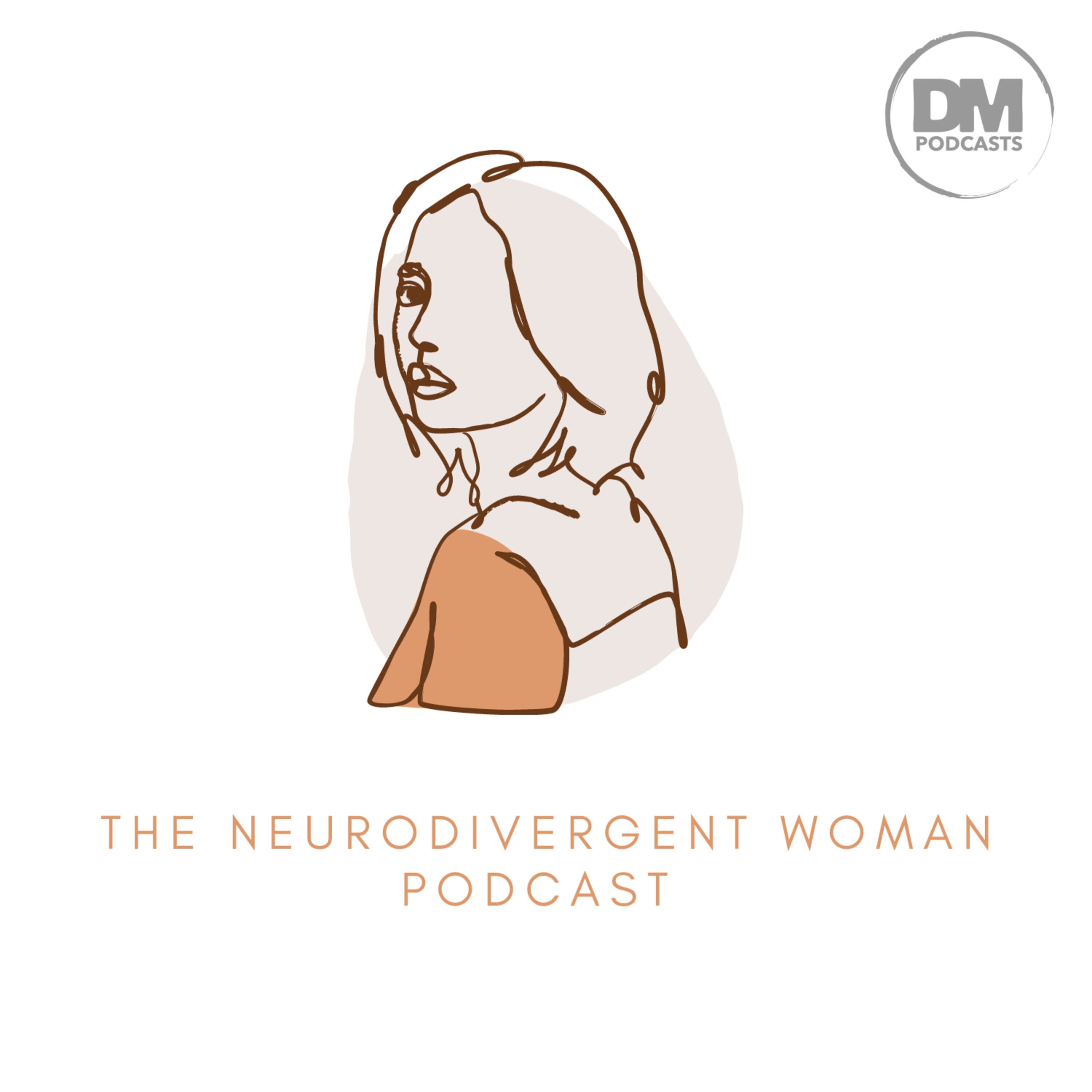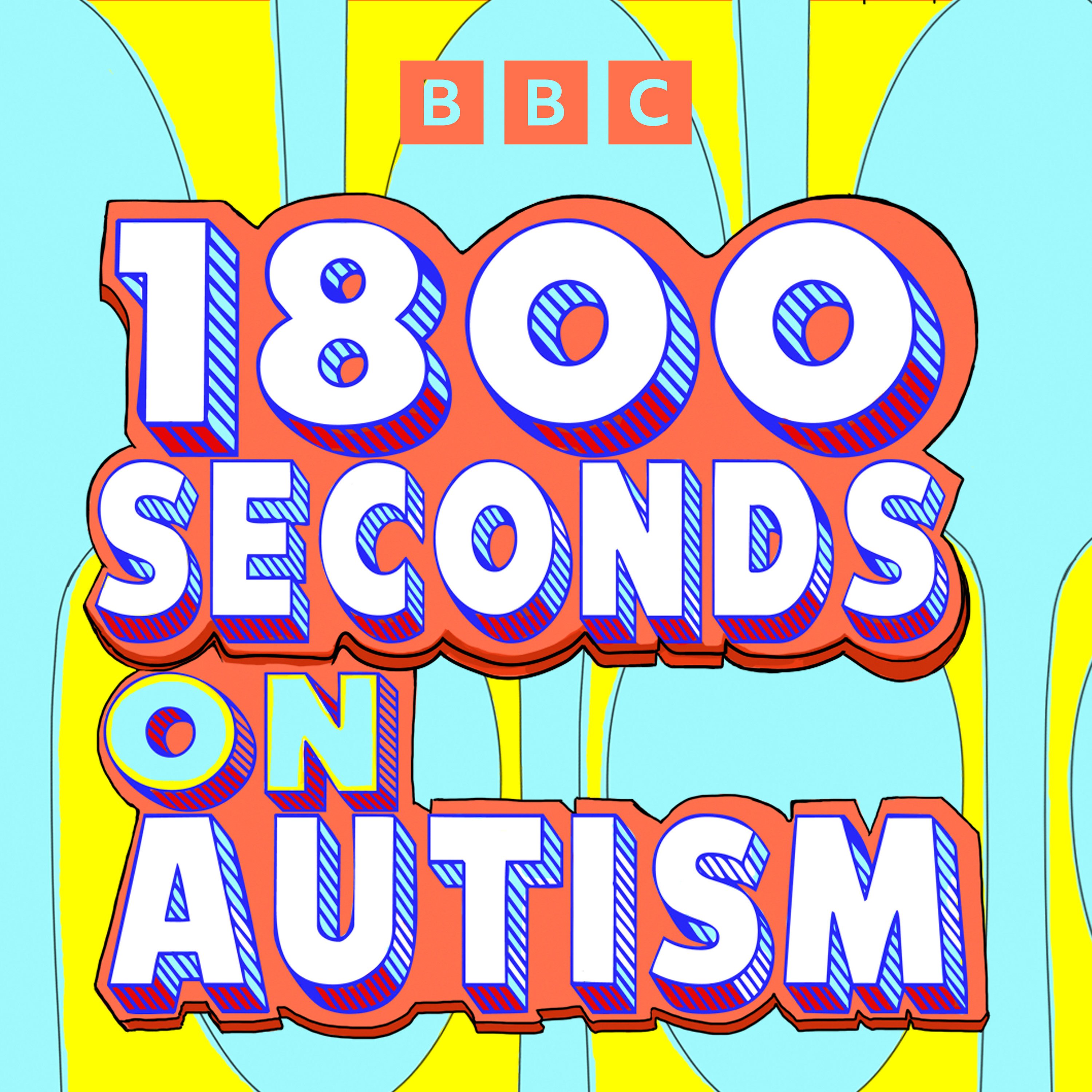
Quietly Autistic at Last
Quietly Autistic at Last
A podcast for the women who were always "a little different"—but never had the words for why.
Hosted by Dr. Allison Sucamele, a woman diagnosed with autism later in life, this podcast explores the quiet, often-overlooked experiences of neurodivergent women who spent years—sometimes decades—masked, misunderstood, or misdiagnosed.
Each episode is a gentle unraveling of what it means to be quietly autistic at last: the grief of being missed, the relief of being named, the power of self-recognition, and the beauty of finally feeling seen.
Whether you’re newly diagnosed, self-identifying, or just beginning to wonder… this space is for you. Tender truths, lived stories, unmasking, and self-compassion—one quiet conversation at a time.
Quietly Autistic at Last
# 6 - Autistic Fatigue — The Weight of Constant Adaptation
Welcome to Quietly Autistic at Last, the space where we stop performing, start understanding, and learn to live by the rhythm of our own nervous systems. I’m your host, Dr. Allison Sucamele.
In this episode, we explore a kind of exhaustion many autistic people know too well—a tired that sleep doesn’t fix. Autistic fatigue isn’t about laziness or ordinary burnout; it’s the deep depletion that comes from years of masking, decoding social cues, managing sensory overload, and adapting to a world that wasn’t built for our nervous systems.
Together, we’ll unpack what autistic fatigue really is, how it differs from autistic burnout, and why chronic adaptation drains so much energy. Drawing from the research of Dr. Dora Raymaker, Dr. Damian Milton, and Dr. Monique Botha, we’ll explore how masking, the double empathy problem, and minority stress all contribute to this invisible exhaustion.
We’ll also discuss tools like energy accounting, spoon theory, and the power of unmasking and sensory self-care. Because reclaiming your energy isn’t selfish—it’s self-respect.
If you’ve ever wondered why you’re still exhausted after doing “everything right,” this conversation is for you. Here, you don’t have to justify your fatigue or explain your need for quiet. You just get to be.
Important Note: Quietly Autistic at Last shares one autistic person’s lived experience and is meant for reflection, education, and community support—not medical or therapeutic advice. If you’re in distress, please reach out for help. In the U.S., you can call or text 988 for the Suicide and Crisis Lifeline—available 24/7 for free and confidential support.
Podcasts we love
Check out these other fine podcasts recommended by us, not an algorithm.

The Squarepeg Podcast
Amy Richards
The Lemon Tree Coaching
Dr. Allison Sucamele
The Neurodivergent Woman
Michelle Livock and Monique Mitchelson